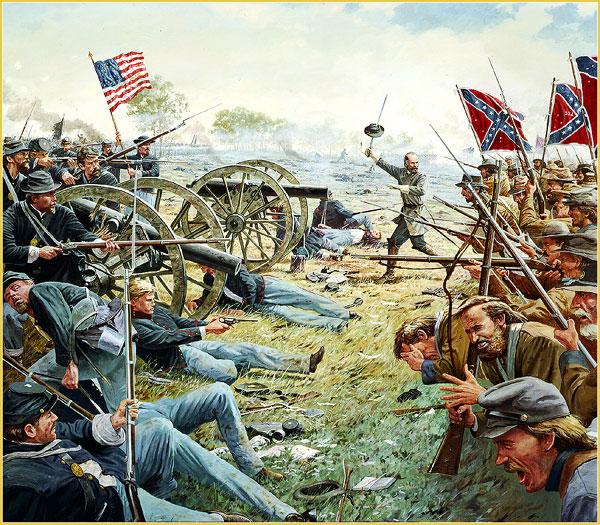
Barksdale’s Brigade: Charge at Gettysburg
“I am sure that it was the grandest charge that was ever seen by mortal man.”
Those are the words of Union Colonel Worthen, whose men at Gettysburg tried – and failed – to stand against General Barksdale’s Mississippi brigade.
Gettysburg was the bloodiest battle of the Civil War. There are many tales of the brave men that fought there, but this is a tale of the “grandest charge.” And this is not the view of only one man. Many on both sides described this event. One newspaper, Meridian Dispatch, carried an article about a Gettysburg reunion of both Union and Confederate soldiers. It contains descriptions of Barksdale’s charge, with quotes by some of the Federal soldiers that were present:
“Why, you were the grandest men the world ever saw.”
“You made the grandest charge of the war.”
“Your line was perfect and you held it…”
“I was giving you all the canister my guns could carry but you never halted, but charged right on over us.”
It was the afternoon of July 2nd, 1863. Lieutenant General Longstreet needed to create an opening in the Union lines. Attacks by four of his brigades had failed, at places with names we remember today: Little Round Top, the Devil’s Den, and the Peach Orchard.
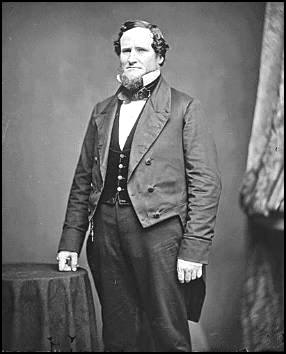
The approach to the Peach Orchard was covered by Union artillery. Brigadier General Barksdale approached Longstreet with a request: “I wish you would let me go in, General; I would take that battery in five minutes!” The men of Barksdale’s Mississippi Brigade were itching to get into the fray. Composed of four regiments, the brigade was famous as a tough, hard fighting bunch.
Barksale’s Divisional commander, General McLaws, later reported:
“Barksdale had been exceedingly impatient for the order to advance, and his enthusiasm was shared in by his command. Barksdale was standing in front ready to give the word and to lead.”
When the order came, the Mississippians showed their grit: the First Rhode Island artillery battery was overwhelmed. Captain Lamar, aide to General McLaws, described it this way:
“I had witnessed many charges marked in every way by unflinching gallantry…but I never saw anything to equal the dash and heroism of the Mississippians. You remember how anxious General Barksdale was to attack the enemy, and his eagerness was participated in by all of his officers and men… I saw him as far as the eye could follow, still ahead of his men, leading them on. The result you know. You remember the picket fence in front of the brigade? I was anxious to see how they would get over and around it. When they reached it, the fence disappeared as if by magic, and the slaughter on the other side was terrible.”
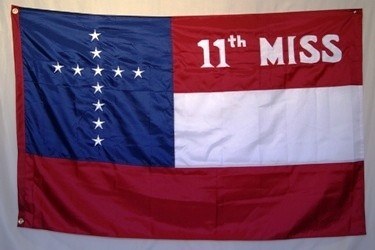
But the Mississippi Brigade was not done. They raced on, into the Peach Orchard where the 68th Pennsylvania awaited. The 68th collapsed within 30 minutes: “We held the position as long as it was possible to hold,” wrote the commanding officer. Half the regiment was killed or wounded before retreating.
But the charge was not yet over. Onward the Mississippi Brigade.
The next regiment to be shattered was the 57th Pennsylvania, losing 157 killed, while the Union prisoner count mounted higher. But this was the “grandest charge,” and still not over.
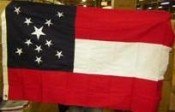
There yet remained the 141st Pennsylvania at the edge of the Peach Orchard. The clash was ferocious but brief, with 70 percent of the Federals lost before Colonel Madill ordered retreat. As the 141st fell back Union General Sickles rode up, exclaiming, “Colonel, for God’s sake can you not hold on?!” Waving his arm to the field behind him Madill said, “Where are my men?” Barely a hundred remained in his regiment.
One of the Confederate soldiers reported that a Federal soldier from Pennsylvania insisted on shaking hands “with one of the men who made the most splendid charge of the war.”
Before it was all done, the Confederates had driven a hole a mile deep into the Federal lines. Union Colonel Worthen’s description included the following:
“Nothing we could do seemed to confuse or halt Barksdale’s veterans. We federals had five regiments fronting Barksdale’s small brigade, and these were supported by two additional regiments stationed just behind the five…, but nothing daunted Barksdale and his men. You just came on, and on, and on, and when you came in gun shot of us, the carnage you inflicted on us boys in blue would be impossible to detail… they are the bravest men I ever met or ever expect to meet.”
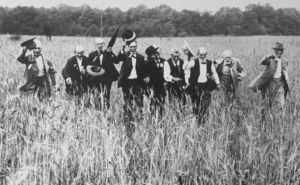

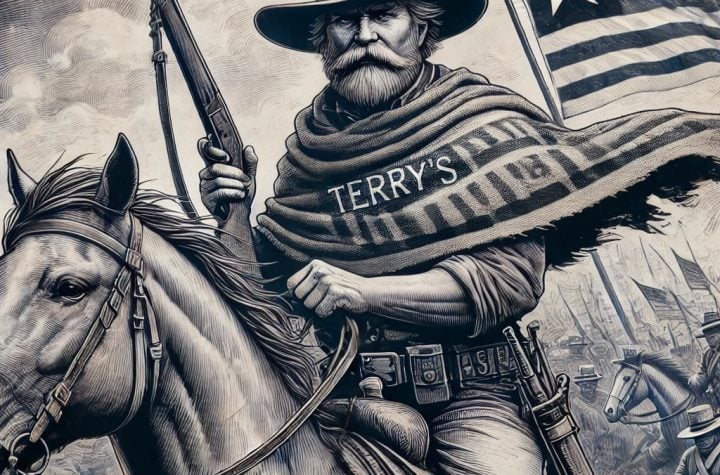
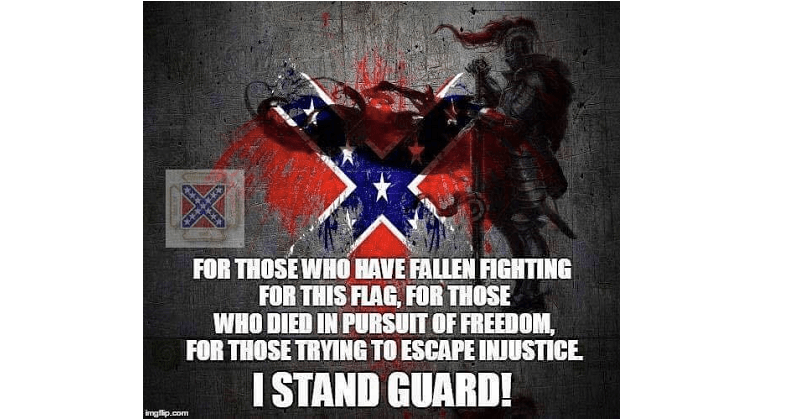
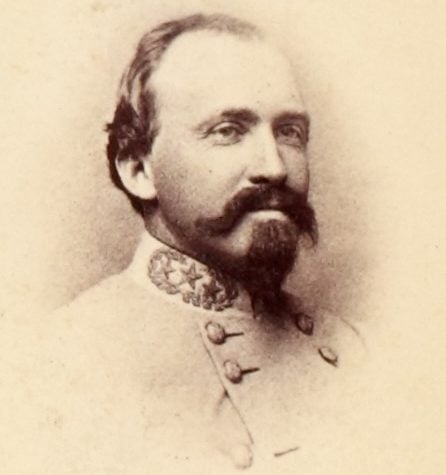
More Stories
General Dwight D. Eisenhower’s Reflection on Robert E. Lee
Sad Woke Charlottesville liberals Melt down infamous statue of Robert E Lee
NC Appeals Court rules for Town of Louisburg in removal of Confederate monument